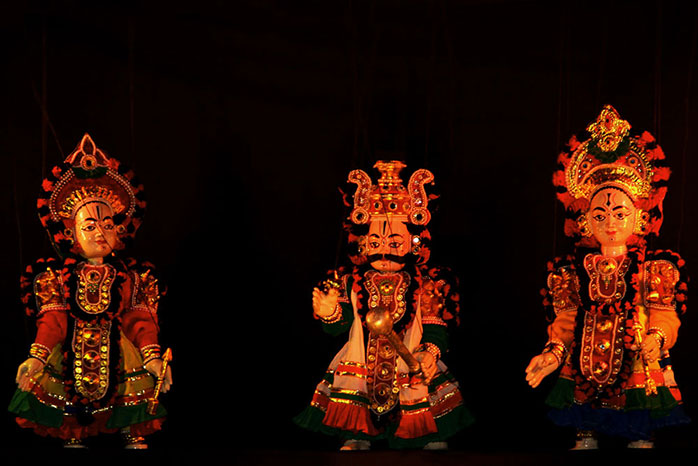There was a tradition in India long years ago, the people generally belong to the rural part than the urban. They usually had a sense of unity with an intimate relation between them. They knew each other personally with their conventions, customs and a similar culture. Their main occupation was agriculture and led a very simple life with a natural behaviour free from mental conflicts, hardworking, sincere, peaceful life with hospitality, attached to old customs and traditions.
In that system, the needs of the family members in all aspects of life and exercises were controlled. It was through the family they were introduced to the customs and culture of the society. The life of the people of the rural area was simple and economical with limited needs. Major social factors that influence the life of the Indian rural community was caste system, joint families, different laws of marriages with social and religious customs and traditions. Each society had its own way of celebrating functions, rituals and ceremonies that is generally followed from their ancestor period. Folk-customs are also followed by every society by following their tradition.
One such tradition is the Yakshagana Bayalata, bayalata generally means ‘open-air play’ or the ‘street play’. Though this art form is on a decline due to the popularity of cinema and modern stage techniques as a medium of mass entertainment it is still popular in some parts of India. This art is generally found in the Telugu, Tamil and Kannada languages of South India. Yakshagana is a theatre form that combines dance, music, costume, dialogue, make-up and stage techniques with different styles, which is traditionally presented from dusk to dawn. This were mainly found in the coastal regions and the Malenadu region of Karnataka in India. This art has not been noticed in the South Indian literatures before 17th century, as it was performed in the dusk of the seasons after harvesting. Yakshagana generally means song of the yaksha (nature spirits) which is believed to have been evolved from pre-classical music and theatre during the period of Bhakti movement. In Kannada and Tulu it simply means ‘the play’. It is referred to style of writing and also written material generally used for poems to enact in the Bayalata such as folk song of Koti and Chennaya.
Yakshagana Bayalata Sambrama was organized by Nadoja Belagal Veeranna the president of Karnataka Yakshagana Bayalata Academy, Bengaluru. The program was attended by many other renowned senior artists. In the two day program four Yakshagana puppet shows were played by the eminent puppeteers.


